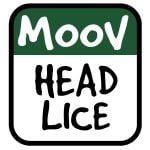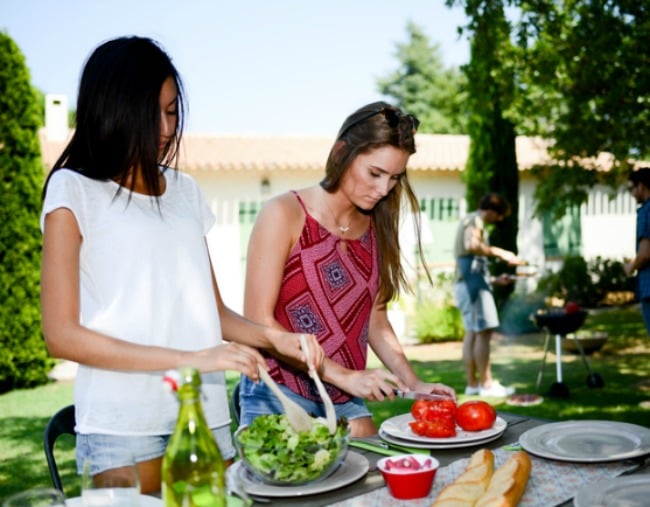
I was a sensitive kid, my brother always said over-sensitive. And highly anxious about the suffering of animals. I became veggie at seven years old, a time in the early ’80s when soy milk or a veggie burger was unheard of. As a teenager, I felt isolated and weird – being veg was not normal and certainly not cool.
Today, my teen daughter is veggie, and things have changed. She bought a T-shirt recently that says, ‘Eat beans not beasts’ and wears it proudly. She’s part of a growing number of teens in Australia and around the world who are choosing a veg*an diet.*
Listen: Ondine Sherman from Voiceless shares her advice for raising healthy (and happy) vegan teens. (Post continues…)
Our world is changing, slowly progressing forward. Ideas that seemed fringe in the past are becoming the new norm and our young generation (hallelujah!) is leading the way.
And even though us grown-ups are making unprecedented dietary changes with veg*an diets booming, it is particularly teens and millennials who are ditching the bacon to become the fastest growing adopters, far surpassing us oldies**.
Why do teens care?
As the ‘veil of secrecy’ on factory farming is lifting through more and more exposés, articles, documentaries and undercover footage, youth are finally seeing what happens to animals in piggeries, broiler sheds and more. And they’re horrified.
We all know kids have a natural connection to animals and our society encourages it through picture books, TV and films that anthropomorphise animals. Many are then shocked to discover the farm animal they’ve grown to love in their bedside story suddenly crumbed on their dinner plate. We tell them animals are food and only sometime-friends. We’ve all seen the viral videos of kids crying because they don’t want to eat their favourite creature. We want to protect them and help them compartmentalise.


Top Comments
It's definitely important to educate them. Buy them good, plant based cook books and really discuss nutrition with them.
I have a girlfriend who is vegan, and has chosen to raise both of her kids vegan.... but lives on replacement meats and chips.
Good article. I first became veg*an 35 years ago (age 11) when my parents killed a flock of ducks and hung their headless bodies from my swing set. It was hard then and even with support i had trouble living on veg and tinned veg sausages. Now it's so easy. I'm not surprised the numbers have increased. Having feelings is becoming more acceptable. Eating vegan is easy and exciting with so many recipes to choose from.